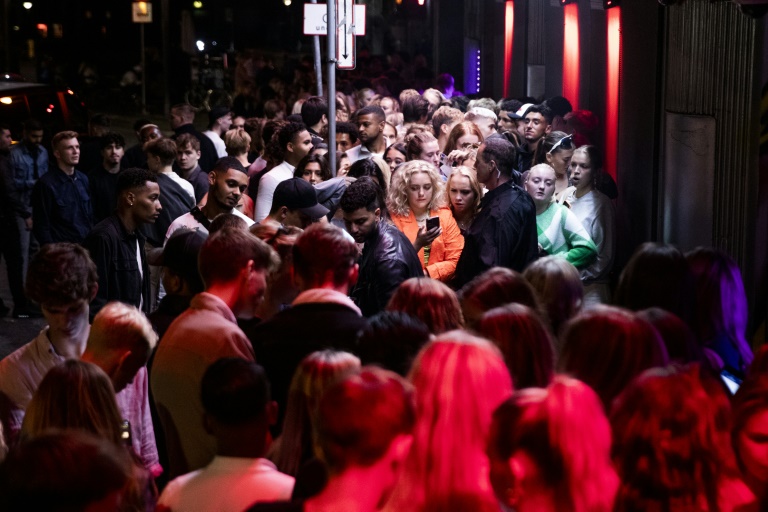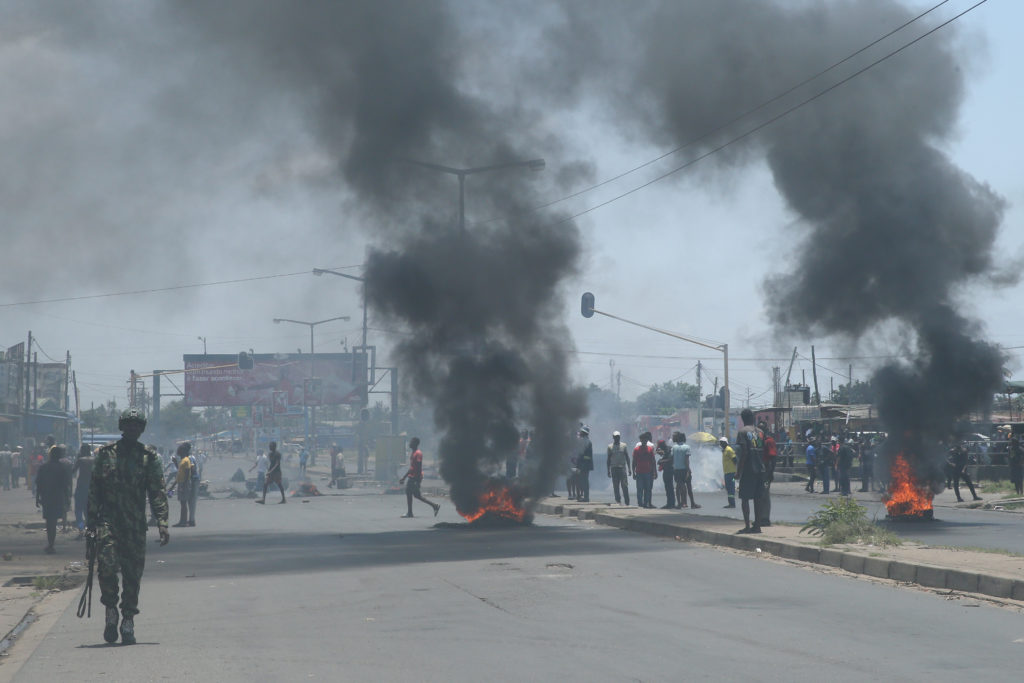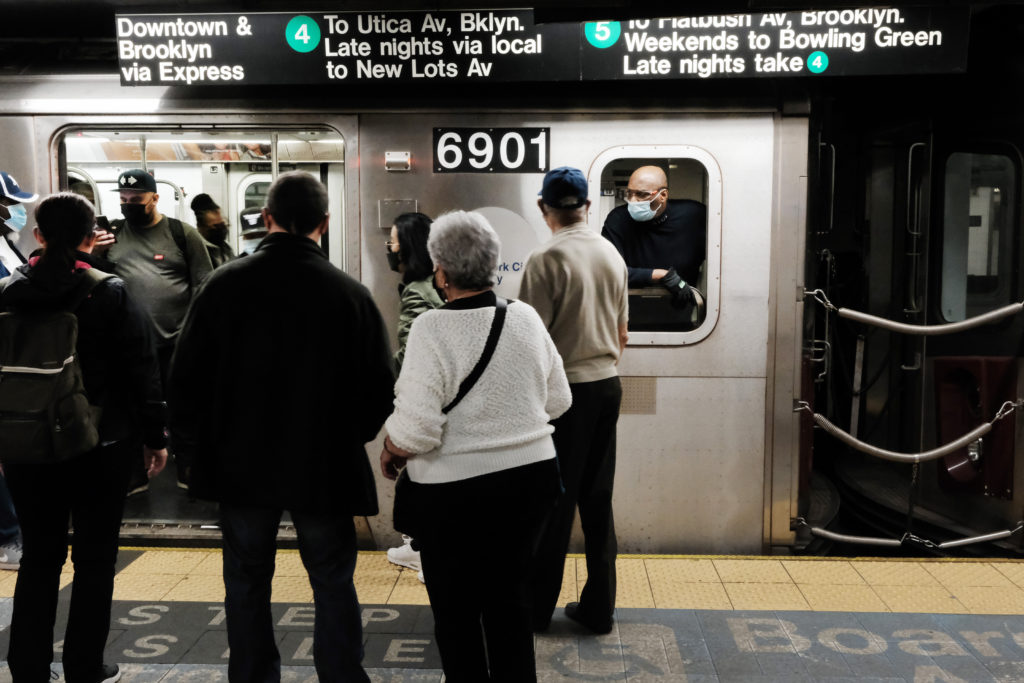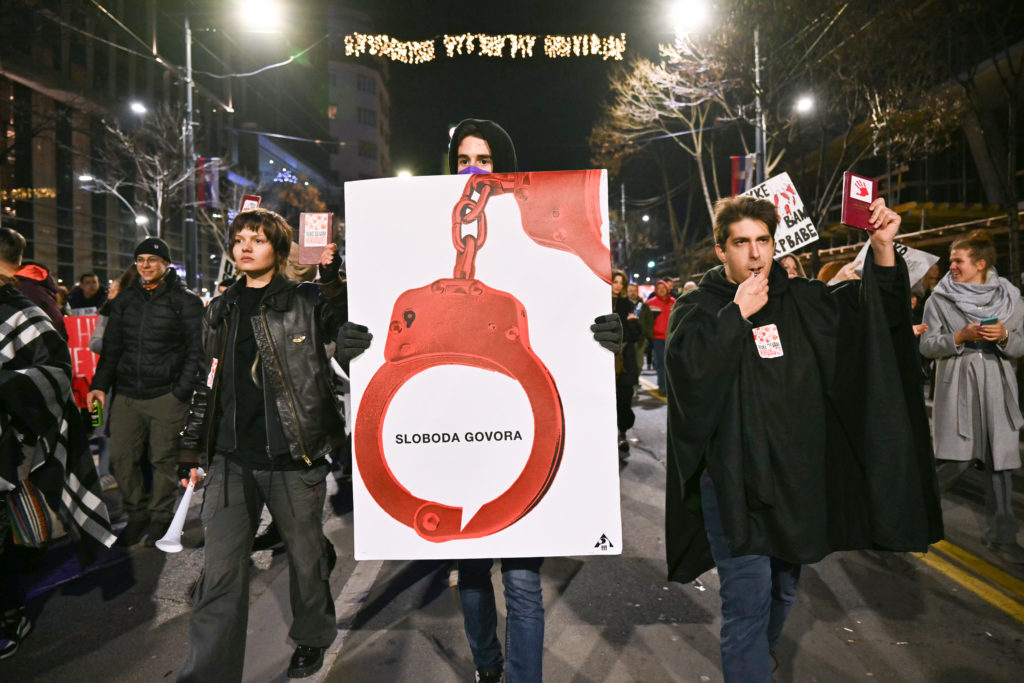With no masks in sight, buzzing offices and concerts drawing tens of thousands, Denmark on Friday ditches vaccine passports in nightclubs, ending its last Covid curb.
The vaccine passports were introduced in March 2021 when Copenhagen slowly started easing restrictions.
They were abolished at all venues on September 1, except in nightclubs, where they will be no longer necessary from Friday.
“We are definitely at the forefront in Denmark as we have no restrictions, and we are now on the other side of the pandemic thanks to the vaccination rollout,” Ulrik Orum-Petersen, a promoter at event organiser Live Nation, told AFP.
On Saturday, a sold-out concert in Copenhagen will welcome 50,000 people, a first in Europe.
Already on September 4, Live Nation organised a first open-air festival, aptly named “Back to Live”, which gathered 15,000 people in Copenhagen.
“Being in the crowd, singing like before, it almost made me forget Covid and everything we’ve been through these past months,” said Emilie Bendix, 26, a concert-goer.
Denmark’s vaccination campaign has gone swiftly, with 73 percent of the 5.8 million population fully vaccinated, and 96 percent of those 65 and older.
– ‘Aiming for free movement’ –
“We’re aiming for free movement… What will happen now is that the virus will circulate and it will find the ones who are not vaccinated,” epidemiologist Lone Simonsen told AFP.
“Now the virus is no longer a societal threat, thanks to the vaccine,” said Simonsen, who works at the University of Roskilde.
According to the World Health Organization, the Scandinavian country has benefitted from public compliance with government guidelines and the Covid strategy adopted.
“Like many countries, Denmark has, throughout the pandemic, implemented public health and social measures to reduce transmission. But at the same time it has greatly relied on individuals and communities to comply voluntarily,” said Catherine Smallwood, WHO Europe’s emergency officer.
With around 500 daily Covid cases and a reproduction rate of 0.7, Danish authorities say they have the virus under control.
Health Minister Magnus Heunicke has however vowed that the government would not hesitate to swiftly reimpose restrictions if necessary.
Authorities insist that the return to normal life must be coupled with strict hygiene measures and the isolation of sick people.
The WHO still considers the global situation critical and has urged caution.
“Every country needs to remain vigilant as and when the epidemiological situation changes,” Smallwood said.
Denmark has said it will keep a close eye on the number of hospitalisations — just under 130 at the moment — and conduct meticulous sequencing to follow the virus.
A third dose has also been available to risk groups since Thursday.
Simonsen said the vaccines have so far provided immunity from variants “but if escape variants (resistant to the vaccine) were to appear, we will have to rethink our strategy.”
Christian Nedergaard, who owns several restaurants and wine bars in Copenhagen, said that while everyone is happy about the return to normal life, “the situation is still complicated.”
“The memory of coronavirus will fade very quickly from some people’s minds but not for everyone, and for restaurants this period has for sure been a game-changer,” he said.
“The industry needs to think about how to become more resilient.”
Travellers entering Denmark must still present either a vaccine passport or a negative PCR test, and masks are mandatory in airports.










